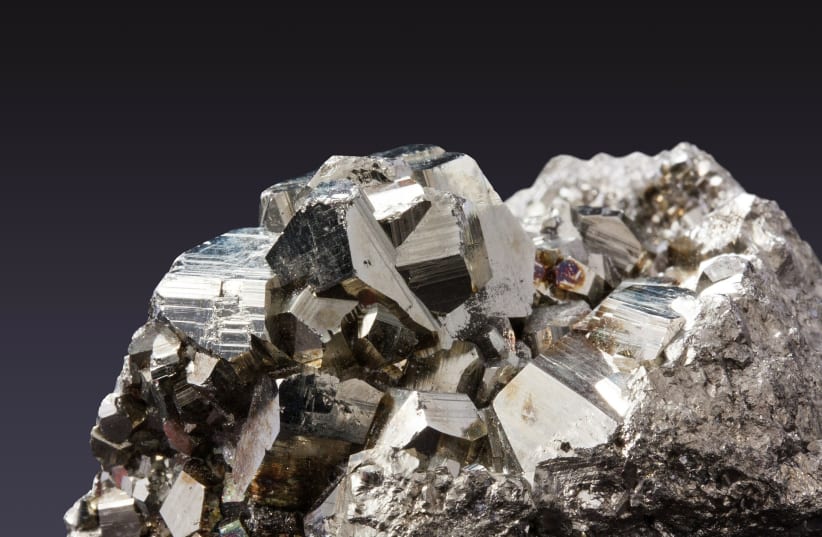Iron may be the element that is key to a planet's ability to develop life, according to a new study from the University of Oxford and published in the peer-reviewed academic journal PNAS.
Many elements and compounds have long been considered essential by scientists for the development of life. This includes water, oxygen and carbon. As such, these are often the elements and compounds most highly sought-after by scientists in determining whether a planet can host life.
It is this elemental makeup that is considered most essential, alongside other factors such as whether a planet is in the habitable zone near its star and the type of star it orbits.
But iron may be another important factor.
This, at first glance, is unsurprising, as almost all living beings need iron. But the element is also important in planetary formation and development.
Understanding this can not only help determine which planets throughout space can host life; it can also help explain why life was able to develop on Earth in the first place. Indeed, according to the study, a planet's iron count plays a significant role in the availability of water on a planet.
"The initial amount of iron in Earth's rocks is 'set' by the conditions of planetary accretion, during which the Earth's metallic core segregated from its rocky mantle," co-author Jon Wade, associate professor of Planetary Materials at the Department of Earth Sciences, University of Oxford, said in a statement.
"Too little iron in the rocky portion of the planet, like the planet Mercury, and life is unlikely. Too much, like Mars, and water may be difficult to keep on the surface for times relevant to the evolution of complex life."
Iron, it should be noted, is common on Earth. In the early days of the planet's existence, iron would have been readily available in the planet's oceans that could have helped young life forms on their evolutionary journey. This is because iron would have been soluble in the water.
But everything changed when oxygen levels rose.
Taking place around 2.5 billion years ago, the "Great Oxygenation Event" saw oxygen levels on Earth go from nonexistent to freely available everywhere.
This event was believed to have been caused by cyanobacteria producing oxygen. It may have been in the works for billions of years, however, a series of large asteroid impacts during the Archean eon may have delayed it by causing a "sink" in oxidation.
Indeed, the Great Oxygenation Event may have even caused a mass-extinction event, as unless the right biochemical processes are in place, oxygen is actually incredibly harmful to life.
But among the many changes made by this event was oxygen's interaction with iron, which would have made it non-soluble. Gigatons of iron would have been essentially out of reach for growing life forms.
Now, these life forms needed a new way to get iron, so they had to adapt, evolving to develop new ways to gain access to this vital element.
This, in turn, may have helped life forms develop even further, ultimately setting our evolutionary path to where we are now.
These findings may prove helpful in the search for life in the universe, as scientists can now include iron as an important material to search for when scanning the mantles of exoplanets.
And this may be helpful, as iron is known to be present throughout the wide reaches of the cosmos. This includes on asteroids, where iron, nickle and water are thought to be present. In fact, ancient civilizations like the Hittites used iron derived from meteors.
The possibility that iron is present on exoplanets is very likely as a result. However, of the nearly 5,000 exoplanets confirmed to exist, not all are likely hosts of this valuable element.
But it is unclear if this would apply to other life forms that could exist on other planets.
"This is a very active argument," explained Pete Worden, executive director of the Breakthrough Initiatives. "What defines life? Nobody knows."
Sarah Chemla contributed to this report.

